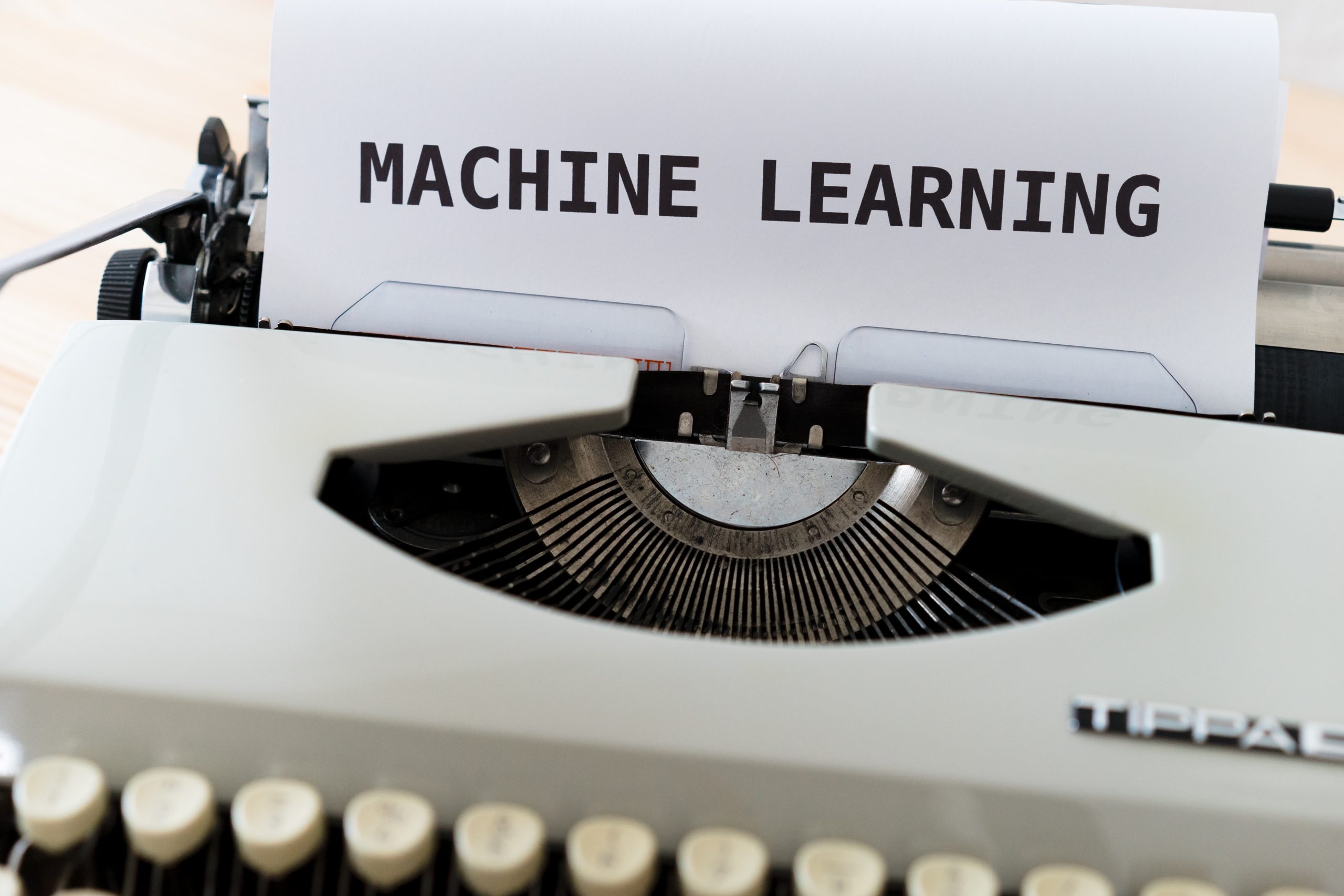Artificial intelligence, machine learning, recommendation engine… these are terms that we have been hearing for years, even in the L&D world. Since ChatGPT, Joe Public now knows what Artificial Intelligence (AI) is, in the form of an AI chatbot. And machine learning has also finally become tangible! We see it today in the form of recommendation engines, which have also found their way into Learning Management Systems (LMS).

Recommend… what?
A recommendation engine is a software program that is used to automatically makes recommendations to users, usually based on their previous interactions and behaviour. Think about the recommendations you get for other dresses on Zalando, or movies on Netflix, or articles on your favourite news app.
A recommendation engine uses machine learning algorithms to discover patterns and relationships between user preferences. For example, the engine can analyse what products you have bought or viewed in the past. This allows the engine to predict which other products you are likely to find interesting and recommend them to you.
In L&D and education, recommendation engines are now being offered on LMS to provide learners with recommendations for courses and online materials based on their interests and past performance.
Benefits for the learner
Recommendations for courses and learning materials
When I want to learn for myself, I am receptive to other relevant courses or to articles and videos. A recommendation engine will make these recommendations based on my interests, previous results and what other learners have looked at. This helps me explore new courses and improve my knowledge and skills.
Personalisation of learning pathways
A recommendation engine will design personalised learning pathways based on my individual interests and results. This helps to increase my engagement and motivation and improve my learning outcomes.
Improve retention
I stay involved in the learning process longer as the recommendation engine recommends other courses and learning materials that match my interests and learning needs. This improves retention and reduces the risk of disengagement.
Save time
By quickly finding the content I need and not wasting time searching for relevant courses or information in the LMS, I save time. This also helps me to focus on what I’m doing in an LMS: learning.

Benefits for the LMS administrator
In addition to the learner’s personalised learning experience for the learner, there are many benefits for trainers, course developers and platform administrators.
Scalability
As the number of learners in the LMS grows, managing and delivering personalised learning experiences can become increasingly challenging. A recommendation engine can help automate the process of content curation, allowing personalised learning to scale to a wider audience.
Continuous improvement
By analysing learner behaviour and performance data, a recommendation engine can identify areas where learners are struggling and suggest ways to improve their learning outcomes. This can help LMS administrators to continually improve the content and learning experiences offered on the platform.
One recommendation engine goes a little further than the other
There are several types of recommendation engines, including content-based, collaborative filtering and hybrid recommendation engines. For example, a content-based recommendation engine will recommend courses based on the characteristics of the content of the courses the learner has taken, while collaborative filtering will make recommendations based on the preferences of other learners who have taken the same course.
Hybrid recommendation engines are a combination of both techniques, looking at both the content and the behaviour of other learners. Hybrid engines provide the best recommendations.
Conclusion

A recommendation engine in an LMS offers many benefits such as a personalised learning experience, improved retention, scalability, and continuous improvement of the learning material.
There are several types of recommendation engines that either look at related courses and learning materials or look at the behaviour of other learners or a combination of both.
In short, a recommendation engine in an LMS can be a valuable tool to improve the learning process for both learners and administrators.
Find out how the recommendation engine of your Learning Management System (LMS) can contribute to a personalised and effective learning process?
